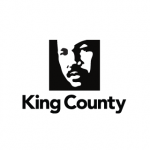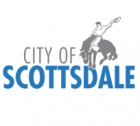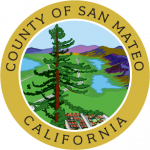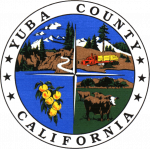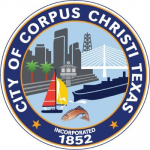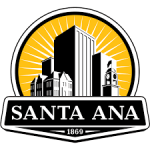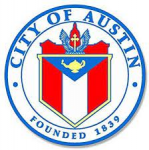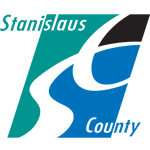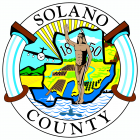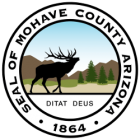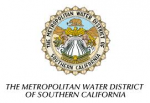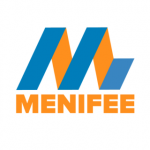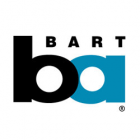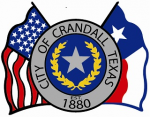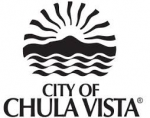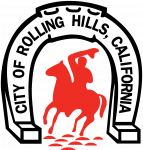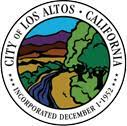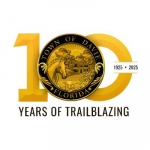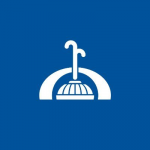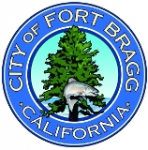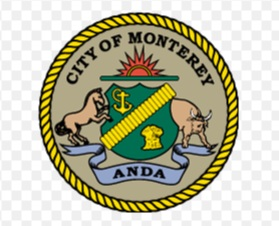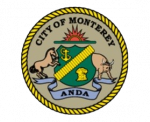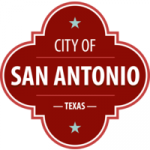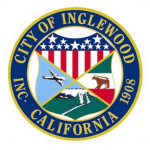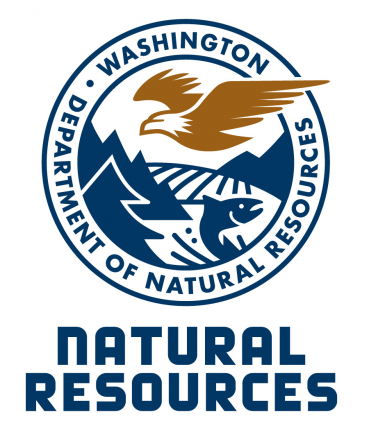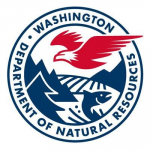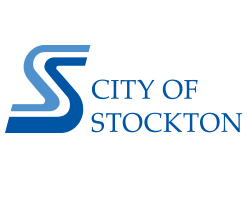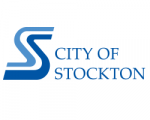Top Planning and Development Jobs: A Guide to Career Opportunities and Growth

Introduction to Planning and Development Careers
Planning and development careers play a pivotal role in shaping cities, towns, and regions by balancing community needs, economic growth, and environmental sustainability. Professionals in this field must comprehensively understand planning law, community development, and real estate development. The job market in this sector is diverse, offering roles across the public, private, and nonprofit sectors.
Types of Planning and Development Jobs
- Urban Planner: Responsible for developing comprehensive urban designs that guide the future growth of cities, including transportation systems and land use.
- Community Development Manager: This position leads initiatives related to community development, including affordable housing projects and urban renewal efforts.
- Real Estate Developer: Focuses on creating and managing both commercial and residential real estate projects.
- Historic Preservation Specialist: Works to conserve and protect historic buildings, ensuring they remain integral to the community’s cultural identity.
- Economic Development Director: Develop strategies to foster economic development and enhance the financial prosperity of a town or region.

Planning and Development Job Roles
Job roles in the planning and development field are diverse, with each position offering unique responsibilities and opportunities for impact.

- Data Analysis: One key task in many planning jobs is conducting data analysis to inform project decisions.
- Stakeholder Collaboration: Working with various stakeholders, such as residents, local governments, and businesses, is critical for the success of any project.
- Project Management: Overseeing construction and development projects from planning to implementation requires strong leadership and organizational skills.
- Compliance with Planning Law: To avoid legal challenges, projects must meet the requirements of local planning law.
- Environmental Considerations: Incorporating environmental regulations into land and urban design plans is becoming increasingly important in modern development.
Planning and Development Skills and Qualifications
Successful careers in planning and development demand a blend of formal education, analytical skills, and interpersonal communication abilities. Common qualifications include:
- Educational Background: A bachelor’s degree in urban planning, real estate, or community development is often required.
- Analytical Skills: Strong data analysis and problem-solving abilities are crucial for identifying solutions to complex challenges.
- Stakeholder Communication: Effective communication with stakeholders, from residents to government officials, is key to implementing successful projects.
- GIS Knowledge: Experience with Geographic Information Systems (GIS) is often necessary for land use planning and urban design projects.
- Planning Law Expertise: Familiarity with planning law and local regulations is critical for ensuring that projects comply with legal and zoning requirements.

Planning Law and Policy
Understanding planning law and policy is essential for professionals in this field. Zoning regulations, land use laws, and historic preservation policies all impact the design and execution of planning projects.

- Zoning and Land Use: Knowledge of zoning regulations and land use policies is essential for ensuring that developments align with local rules.
- Community Development Policies: Community planners must be familiar with programs designed to promote economic development and social equity.
- Historic Preservation: Professionals must understand preservation laws to protect historic sites while fostering modern growth.
- Environmental Regulations: Keeping projects compliant with environmental policies, particularly those related to land use and sustainable urban design, is increasingly important.
Industry Trends and Best Practices
Professionals in the planning and development field must stay informed about emerging trends and best practices to remain competitive.
- Sustainable Development: There is a growing emphasis on creating eco-friendly developments prioritizing energy efficiency and green spaces.
- Inclusive Community Development: Planners are incorporating strategies that ensure all community members, regardless of background, can benefit from community development projects.
- Innovative Urban Design: Cutting-edge designs focus on making cities more livable and adaptable to future challenges, such as climate change.
- Technology and Data Analysis: Advanced technology, like GIS and big data, has revolutionized how professionals approach urban design and planning.
- Effective Stakeholder Engagement: Public input and collaboration are now seen as crucial components of any successful project, ensuring that the needs of all residents are considered.

Job Search and Career Development
Building a career in planning and development involves more than just technical expertise; networking and continuing education play significant roles.

- Networking: Building connections with professionals in related fields can open doors to new job opportunities and collaborative projects.
- Staying Current with Industry Trends: Regularly updating your knowledge of industry trends, especially in areas like historic preservation and economic development, will keep you competitive in the job market.
- Professional Development: Pursuing certifications like the American Institute of Certified Planners (AICP) can significantly boost your credentials.
- Portfolio Development: Creating a solid portfolio that showcases your ability to manage and deliver successful projects is crucial for career advancement.
- Job Boards and Search Engines: Keeping an eye on job postings in cities like San Antonio, Austin, or NY, hubs for development projects, is a great way to explore job opportunities.
Conclusion
Careers in planning and development offer a wide range of opportunities for professionals looking to positively impact their communities. From urban design to historic preservation and economic growth, the possibilities are vast. You can build a rewarding career in this dynamic planning law by honing data analysis skills and staying up-to-date with industry trends.






